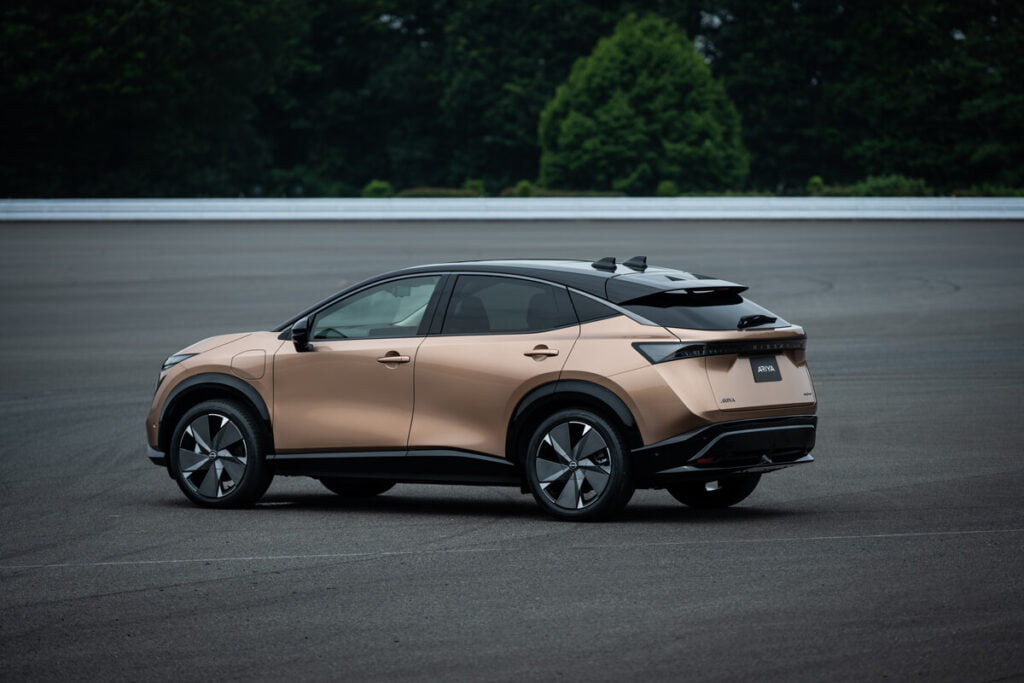Nissan would now focus mostly on developing EVs and other clean technologies instead of IC engines in almost all the major markets, except the US. Lawmakers from around the world are strengthening IC engine emissions norms to address the climate crisis. Also, there is a huge push for the adoption of cleaner technologies from governments and communities. So, unsurprisingly electromobility is going to be a major segment in the coming years. As per a report from Nikkei, this move from the manufacturer makes Nissan the first major Japanese auto company to go this way.
The automaker has been one of the major companies bringing electromobility to the market for a very long time. Its all-electric Leaf Models have been very popular in many countries since their introduction roughly a little more than a decade ago. Currently, in its second generation, the model was the world’s all-time top-selling plug-in electric car through December 2019. Nissan has its much anticipated Ariya SUV coming to multiple markets this year.

Moreover, the company, according to a CNBC report last November, would invest $17.3 billion (2 trillion Japanese yen) for boosting the electrification of its offerings, for the next five years.
The company plans to roll out around 23 new electric models by 2030 of which 65 percent will be all-electric.
In Europe, the manufacturer has stopped developing gasoline engines for sale. Newer, stricter Euro 7 emission norms are on the way to becoming effective as early as 2025. These newer norms would require huge capital for developing improved IC engines to be borne both by the company and customers. The IC engines, anyway are getting gradually phased out over the coming years. Thus, going in this direction would be an unviable move.
While in the US market, it will continue developing gasoline engines for a small segment of pickup trucks. It is an area where a certain level of increment in demand the company anticipates.
Also, for the Chinese and Japanese markets, Nissan will gradually phase out gasoline engines but will continue developing hybrid vehicle engines.
As per the Nikkei article, instead of developing newer costly engines from scratch, Nissan will optimize existing engine designs. There are no layoff plans at this stage and plants that produce engines will remain operational. People familiar with the company’s plan told Nikkei.

According to a report from British research company LMC Automotive, there were around 67.5 million IC engine passenger segment vehicles sales last year. For perspective, this number is 15 folds larger than the number of EVs sold. But this trend is changing exponentially where EV sales would reach 46.98 million in 2033. That is, 20 percent more than gasoline cars.
The R&D spending of around $4.3 billion a year from the company, mostly went towards IC engines and cars. This would be redirected to electromobility and newer technologies. The staff involved in IC engine development and production will gradually be shifted to the various departments of newer segments. EV motor production, battery technology development and others, according to the report.
As automakers continue focusing on sustainable mobility solutions, the zero-emissions EVs are becoming more affordable and viable by the day.

